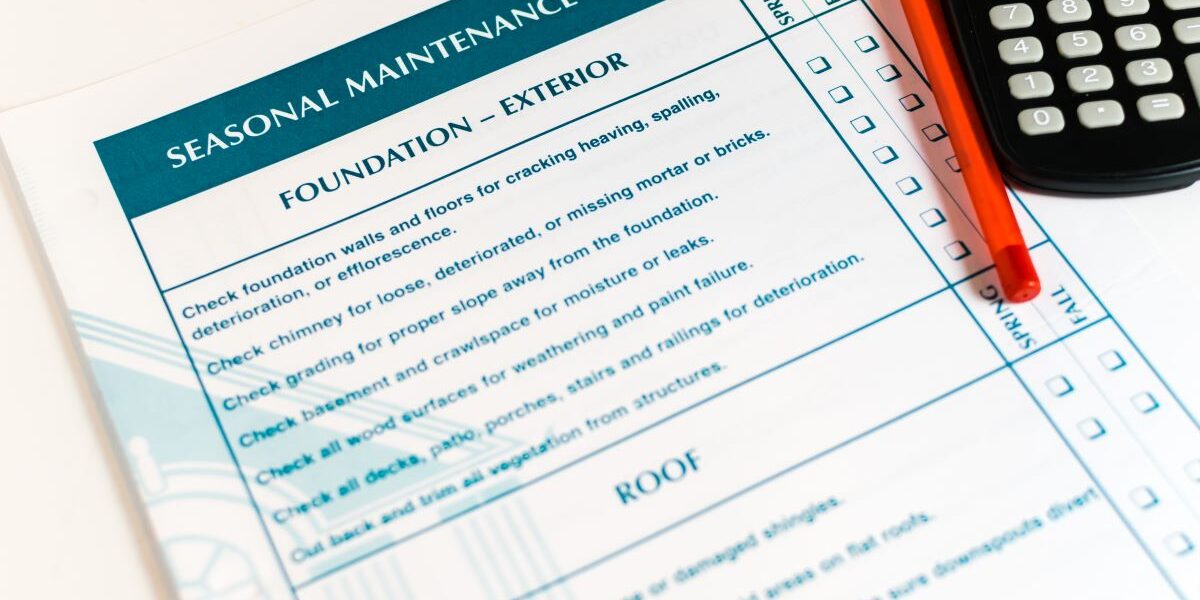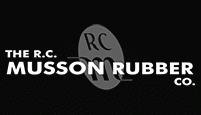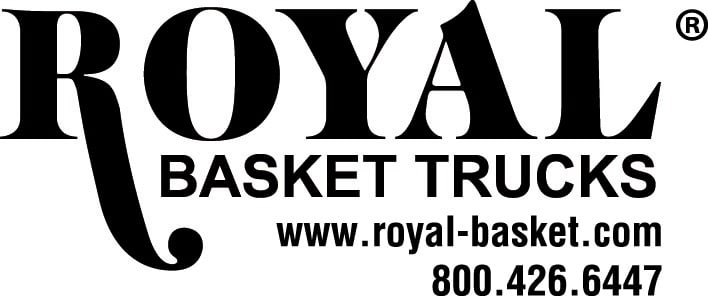Your church property is one of your most important assets. It’s a place of worship, community center, and gathering for your congregation. Fortunately, keeping your church property in top shape doesn’t have to be complicated or time-consuming. By following a few simple steps, you can ensure that your church is always looking its best.
Step 1: Research and define your church property maintenance needs.
To research and define your church property maintenance needs, follow these steps:
- Assess the current state of your property: Walk around your church building and grounds to identify any obvious maintenance needs, such as cracked pavement, peeling paint, or overgrown landscaping.
- Identify potential hazards: Look for safety hazards such as loose handrails, uneven flooring, or damaged electrical wires.
- Prioritize maintenance tasks: Create a comprehensive checklist that includes preventive and reactive tasks, assign responsibilities, and schedule regular inspections and maintenance.
- Seek professional help: Know your limitations and get the help needed from a licensed contractor who is insured and bonded.
- Keep accurate records: Keep track of the tasks performed, when, and by whom. Use this information to identify improvement areas and plan for future repairs or replacements.
Step 2: Identify and prioritize your facility maintenance tasks.
Start by creating a comprehensive list of tasks that must be performed, including preventive and reactive maintenance. Assign responsibilities for each task and schedule regular inspections and maintenance based on the checklist.
Step 3: Develop a thorough, ongoing maintenance schedule that takes into account user needs.
Developing a thorough maintenance schedule for your church property can seem daunting, but it doesn’t have to be. Here are some tips to get you started:
- Create a comprehensive maintenance checklist that includes all essential tasks, such as HVAC maintenance, fire alarm system inspections, and cleaning schedules.
- Determine the frequency of each task based on usage, manufacturer recommendations, and other factors.
- Assign tasks to a dedicated maintenance team or volunteers.
- Prioritize tasks based on urgency and assign deadlines to ensure all tasks are completed on time.
- Regularly review and update the maintenance schedule to remain relevant and practical.
Preventive maintenance is vital to avoiding sudden equipment failure and disrupting your church activities. Water damage is one of the top church insurance claims facing insurance companies.
Replacing sump pumps, updating old galvanized pipes with modern materials, and updating older roofs are essential for the health of church buildings to preserve the safety of church members and staff.
Step 4: Equip yourself with the right tools for the job.
Investing in quality tools for maintaining church property should include wrenches, pliers, screwdrivers, hammers, power drills, saws, and plumbing snakes. These tools can be used to fix leaks, clogged pipes, repair electrical equipment, and conduct routine checks on utilities and appliances.
Step 5: Follow diligent protocols when performing inspections and assessments.
To follow diligent protocols when performing inspections and assessments for church property maintenance, creating a comprehensive maintenance checklist that includes preventive and reactive tasks is crucial. Assign responsibilities to individuals or companies and communicate the schedule and expectations.
Step 6: Maintain accurate records of all work completed.
Maintaining accurate records of all work completed in your church property maintenance checklist is crucial to ensuring the longevity and safety of your facility. To do so, keeping records of all repair reports, blueprints, photos, lists of building assets, notes on the history of heating and cooling systems, and other important documents is essential.
Step 7: Hire outside help for larger jobs.
Pastors are experts in spiritual counseling and preaching the gospel; they are not general contractors. Whether your church is older or newer, when you have a large job that requires repairs, look for an expert who can tackle the job.
This information is courtesy of Integrity Now Insurance Brokers, one of the country’s leading church property insurance companies with a team of experienced agents representing churches related to their insurance needs, www.churchpropertyinsurance.com.













